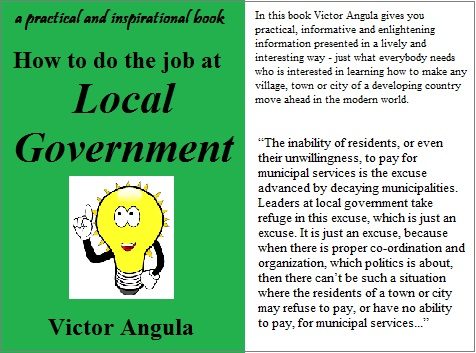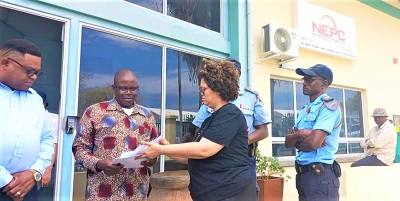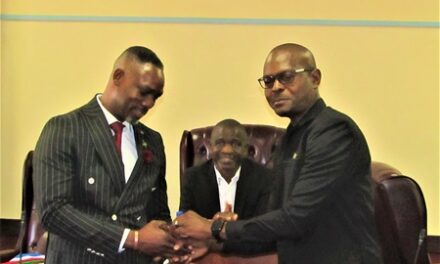How to Do the Job at Local Government
By Victor Angula
Preface
AFRICA today needs to learn a lot and to know many things. But one thing which is at the top of the list of all things which we need to know is to know how to do the job at local government. The knowledge of how to do the job at local government will transform many countries and move them towards progress and development.
The knowledge of how to do the job at local government is in fact really just the knowledge of how to do the job of running a country. You cannot run a country successfully if you do not know how to run a town. Thus a local government is local, but it is an instrumental government – it spells success or failure for the nation.
The higher levels of the nation’s political structure are important, and every politician aspires to climb to the top. This is where fame and prestige is. That is where history made. It’s where one may make international news for good or for bad reasons.
But the most instrumental stage at which a person may do a lot for social and economic transformation of their society is the local government platform. One can say local government is in fact the most important level where politics is concerned. This is where the people start; public life starts at local government. The logical order is that people start serving their societies at local government and then graduate to regional government before getting to the national government or central government.
Although, still, some people may jump to regional level or even national level without having begun their political career at local government, no doubt local government is supposed to be the beginning of a glorious journey to public service.
Indeed local governments are directly and immediately accountable to the people, and so they will have to play a key role in seeking to create conditions for the effective empowerment of the people – job creation, poverty alleviation, reducing inequality, and caring about the welfare of the people in any nation on the African continent.
So that local government – the country’s villages, towns and cities – is the most important part of any nation’s political structure. The president of a country is the commander-in-chief of the armed forces, and he has many other important responsibilities, which include meeting and dining with foreign dignitaries. But the mayor of a town does have a much more important role to play in society because he is a classic example of the people’s servant.
No doubt it’s at local government where leadership and democracy are best displayed. This is where politics is most inclusive and government most responsive. Unlike at central government here there is no alternative government executive lurking in the shadows only waiting to assume power. Here it’s not about power. It’s about taking up the responsibility to build and maintain the town in which you live – literally, where you live.
As a public official at local level you are not changing the world – you’re changing the place right in front of you, the streets you walk on every day, the malls you visit every day, the communities you see and interact with every day. It’s that immediate. Inspiring a strong work ethic in the people you meet every day and getting inspiration and motivation from them to carry on, to enthusiastically continue your service to mankind, only at local government where this is possible.
Here, at local level, there is no party-line to be toed; you’re an independent thinker, an independent leader. Your duty is to create a prosperous town. And prosperous towns make for a prosperous nation.
The central government might boast and look superior; but progress in a democratic country is created by the progress of the towns. Successful towns make for successful nations.
Africa stagnated, because central government was viewed as the place where progress had to start before spreading to the rest of the country when it was supposed to be the other way round.
Indeed, as leaders at the local level, the central or national government counts on you, on your success. Your success would be their success; without you they can’t achieve anything.
Thus this book is going to take you through steps and paces to make you identify the right paths which may lead an individual, any individual, who happens to serve at the local level to become a good leader, a successful public servant and someone who works to transform his or her village, town or city and lift it up to a level which is socially and economically advanced than when he found it.
Social progress and economic advancement is possible. Any village can turn out into a fine town, and any town can become a splendid city anywhere in the Third World. What is needed is leadership which has common sense, commitment and competency.
If it can be done anywhere in the world then it can be done even in Africa and other Third World regions.
(This book will be serialised. Don’t miss the next edition next week.)







